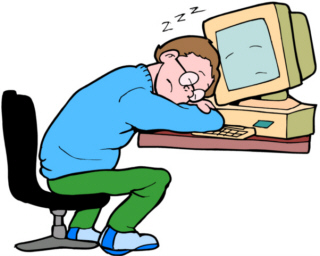Online gambling would create a few winners, many losers
Poker-playing lobbyists have spent $7.6 million since 2007 on efforts to reverse the Unlawful Internet Gambling Enforcement Act. Those interests contributed more than $174,000 to federal candidates in just the past election cycle.
Adding to the worry of those who oppose online betting, some U.S. Indian tribes are reversing their positions and supporting a federal law to legalize the activity. Once seen as a threat to Indian casinos, some tribes now see legalization under federal rules as inevitable and don’t want to miss the opportunity to participate.
The Washington Constitution prohibits all gambling activities, except those specifically allowed under state law. Internet gambling has never been authorized and the Legislature put an exclamation point on that in 2006 when it reaffirmed that Web betting was prohibited. The 2006 bill also increased the penalty from a gross misdemeanor to a class C felony.
Further, in Rousso v. State of Washington, the Supreme Court ruled 9-0 that the state’s Internet gambling law does not violate the constitution on the dormant commerce clause.
It is clear that Washingtonians don’t want to legalize Internet gambling.
But legalization on a federal level could emasculate state law, if it permitted Washington residents to place bets on websites located in other states. Nevada and Delaware have legalized Internet gambling, and it is believed that New Jersey will join them by year’s end.
The stakes are high for everyone because online gambling has the potential to become a modern day gold rush. The only winners in gambling are the casinos, whether they are physically located or exist in cyber space, and they see a virtual cash bonanza.
It is surprising to no one that Senate Majority Leader Harry Reid of Nevada is pushing to repeal the federal ban. Reid once headed up his home state’s gambling commission.
There are sufficient opportunities for responsible gamblers to place bets and enjoy the thrill of risking money on games of chance. The South Sound, for example, is flush with well-run casinos operated by the Chehalis, Nisqually and Squaxin tribes, who at least attempt to make the experience as much about entertainment, dining and other activities, such as golf and spa treatments.
Sitting alone in a room, placing bets online, may have a stronger appeal to addictive personalities, who can bring various unwanted forms of grief to themselves and their families. The simple act of forcing a gambling addict to drive to a casino to make their bets can be a deterrent to those who cannot control their gambling impulses.
Congress should not repeal the federal Internet gambling law, and continue to enforce the 1961 Wire Act making it illegal to wager over telecommunication systems that cross state lines for all types of betting.
Those who want to gamble online can travel to states, such as Nevada, where it is legal, as they do now to wager in casinos.
Washingtonians shouldn’t be forced into accepting Internet gaming by the federal government.






No comments:
Post a Comment